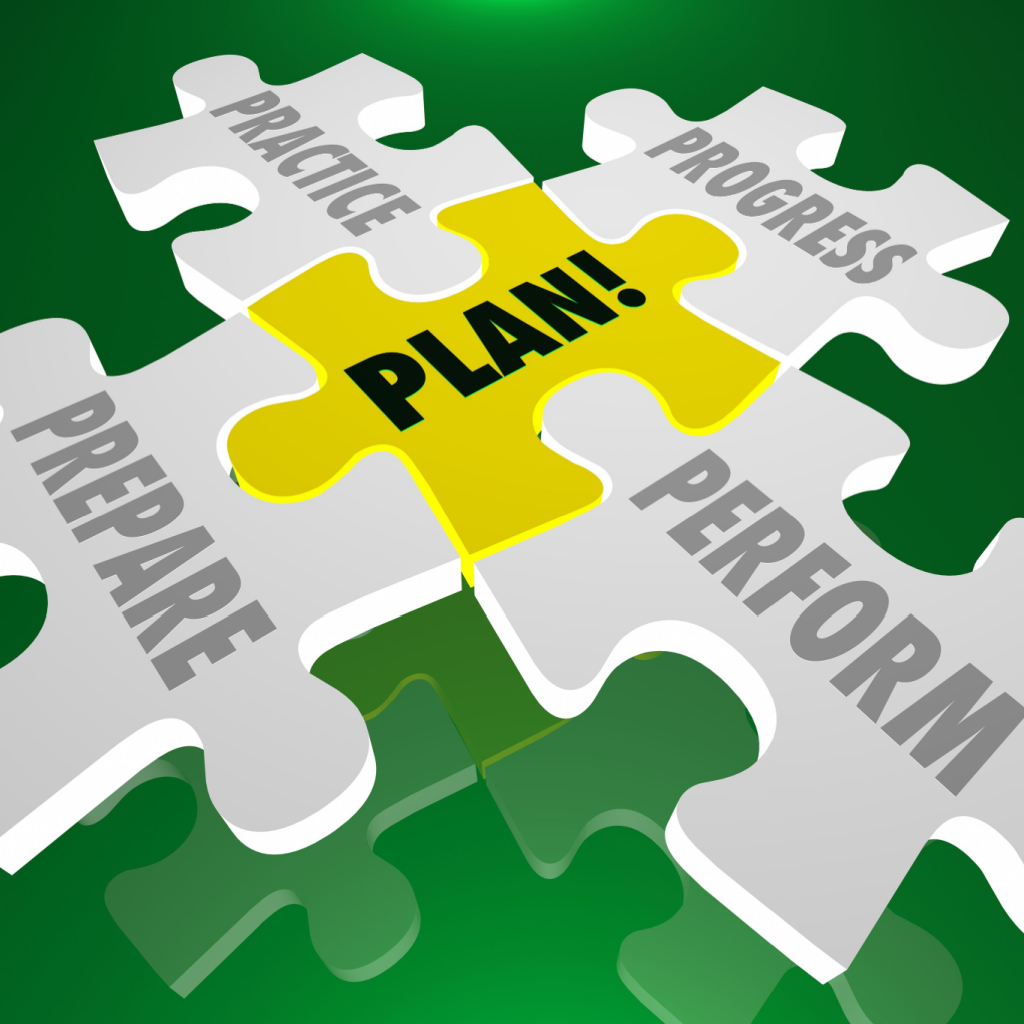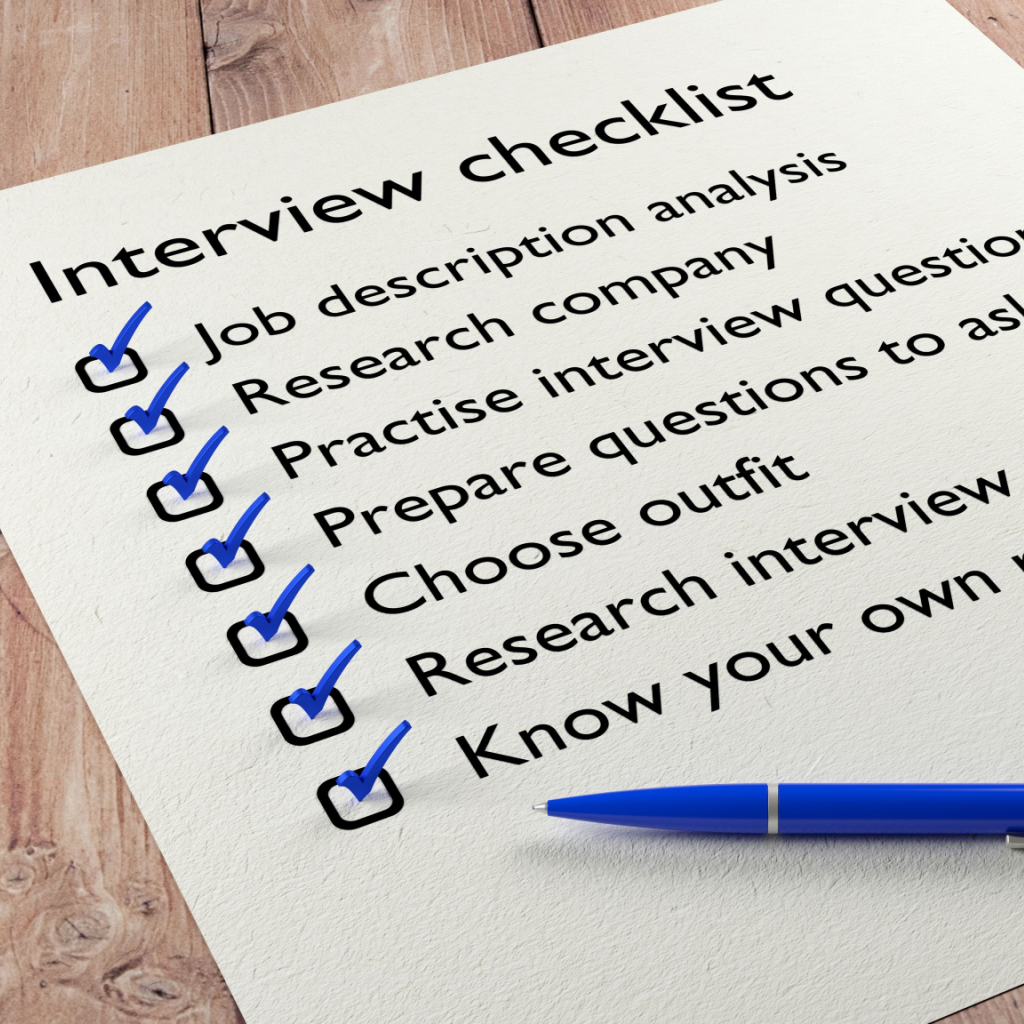Interview Preparation
Well, a big congratulations on securing the interview! Don’t stress, we’ve got you covered – here’s a good overview of our hints and tips to get it over the line and land your dream job.
Please note that all candidates on interview through Infraspec will receive a one or two stage preparation call with your consultant who will go into more detail about your preparation and ensure you have the best chance of success.
Before you do anything else, do your research.
There’s nothing worse than sitting in an interview and not being able to answer questions the hirer might have!
- Research the company, get to know the business, and be clear on your reasons for being interested in the company.
- Research the interviewers. This will help you to familiarise yourself with them before the interview – look for common ground, which can be a great way establish rapport.
- Read the news, or blog, on the company’s website. This might announce recent business wins or awards to which you could refer to in the interview. Going the extra mile and showing you have a genuine interest in the business can only go in your favour!
The job description
Be aware of the job description or services required.
This can help you understand what areas you have covered before and new any new skills or knowledge that will be required.
- Read the job description thoroughly and note down your competency-based examples from your previous roles which demonstrate your ability to perform in this role.
- Be confident that you are technically qualified or have relevant transferable skills and are comfortable to discuss this in the interview if necessary.
- Remember, typically the company’s immediate requirements are in the job description and the interviewer’s questions are likely to fall within these areas.
- Lastly – be honest! If you don’t have skills within a certain area they’re looking for – that’s okay! You might have transferable skills from previous jobs or education.

Your CV - Experience
This is all about you, so when asked to provide an overview of your experience– this is your chance to stand out and shine!
- Almost all interviews will ask you to talk through your experience. It is vital that you are comfortable in articulating this. Try focusing on your key achievements within roles, without overstating! Always be honest about your reasons for moving on too.
- Be prepared in case you are asked competency-based questions. These are questions are usually open-ended, with the end goal for you to talk through a situation/example. These questions will typically start with ‘Tell me about a time when’ – You’ll be expected to demonstrate a specific example which relates to the question and provides evidence on why you are a relevant candidate for the company and position. We have some example competency based questions below.
Using the STAR Technique
- Situation - set the scene and context for the interviewer
- Task - What was the task / what was your challenge?
- Action - What did you do to overcome / complete this?
- Result - Highlight a positive outcome, explain how your action impacted it.
Here’s some competency-based example questions
- Talk me through your most recent team project, how did you participate in the planning of the project? Describe your role in accomplishing the action steps needed to complete the project. How did you measure the success of the project?
- Give me an example of when you had to work to an important deadline? How manageable were your timescales? What did you do to ensure that the deadline was met? How would you organise your activities differently next time?
- Describe a difficult situation you have encountered and how you solved it?
- Talk me through something you are most proud of in your career?
- How do you deal with adversity, and can you give me an example?
- What was the most challenging aspect of your last project?
Try putting together your interview examples within the STAR format to provide a structured answer. This also keeps it focused and to the point, whilst explaining the outcome within the situation. Once you have put together a few examples using the STAR method, try rehearsing these out loud with a friend or family member to help you memorise as much as possible.
Great! so you’ve done all your preparation and know you’re ready for the interview. Here’s some tips to nail it and get your dream job:
Always come prepared with questions!
You want to show your interest in the company you’re interviewing with, have a think about what key aspects of role you want to further understand. We would recommend coming prepared with 2-4 questions.
Here’s some examples:
- What are the most critical aspects of this position?
- What are the most important objectives for the person filling this position?
- Based on my background, how well do I fit the needs of the company?
- What characteristics - personal and technical – must the individual possess to be successful?
- What would be the reporting line for this role?
- What is an average day like within this role?
- What is expected of me in this position?
- What criteria are used to judge successful performance in this position?
- What are typical problems and frustrations inherent in this position?
- How would you describe your personal management style? (if directed at the manager of this role)

Online Interview
- Off the bat, you want to avoid any technical issues. Make sure to test your camera and mic settings for Zoom/ Teams/ Google– if you haven’t downloaded these already make sure to get them all set up prior to the interview. The last thing you want to be worrying about is audio or camera issues.
- Make sure your background is professional. The less in the background the better, is always a great rule!
- If working with an agency, find out what the culture is like and ask them for their recommendations on how formal to go. Often, a shirt or a smart t-shirt does the trick!
In-person Interview
- The most important thing is punctuality for the in-person interview. Always show up 5-10 minutes early – you can only make a first impression once and being late is the last thing you want to be remembered for.
- Dress formally, you want to appear presentable in their environment!
- Lastly – be yourself! No one can be a better you than you; so, embrace what makes you different and be confident about what you can bring to the table. Remember, if successful you be working with the business and their people– so it’s important you can all feel comfortable and can see yourself working as part of the team.
From everyone here at Infraspec, good luck and enjoy the process!
Browse Jobs
Our Discipline Areas
Project Controls
The world of Project Controls has been growing in importance over decades, more so now than ever.
Project Management
Heading the project pyramid, project and programme management is a vital resource for effective delivery.
Cost Management
Cost management is the activity of estimating, allocating, and controlling costs, typically after the base plan is developed.
Planning & Scheduling
Project planning & scheduling is at the heart of any project and is the logical listing of activities, deliverables and milestones within a project.
Risk Management
Risk management, in the project world, is the process of understanding and minimising any potential problems that may negatively impact a project’s timetable.

